Live sheep export ban a red line, say farmers
Australia’s most powerful farming associations have warned Agriculture Minister Murray Watt Labor’s proposed ban on live sheep exports is a ‘red line that can’t be crossed’.
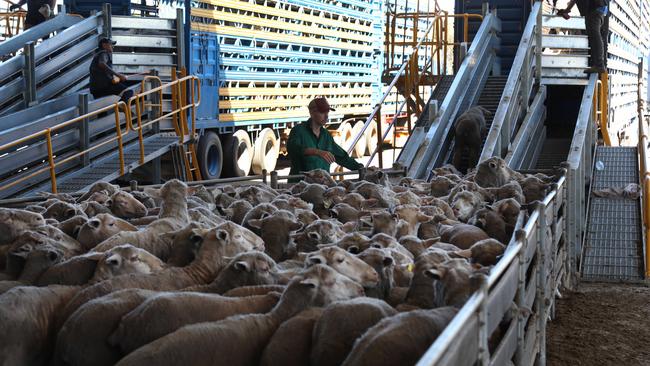
Farming organisations say Agriculture Minister Murray Watt Labor’s proposed ban on live sheep exports is a “red line that can’t be crossed” and have vowed not to engage in discussions with the government on how to phase out the trade.
In a joint letter, the heads of 25 peak farming groups have told Senator Watt the Albanese government’s policy would cost 3000 jobs in Western Australia and empower activists campaigning against other sectors of the agriculture industry.
The letter was sent to Senator Watt as he prepares to announce a consultation process about how the policy will be implemented.
“The policy represents a red line that cannot be crossed. We will never support legitimate agricultural industries being closed for political reasons, or to suit activist agendas,” the letter says.
Signatories to the letter include the Australian Livestock Exporters Council, Sheep Producers Australia, National Farmers Federation and the Australian Lot Feeders Association.
Before last year’s election, Labor recommitted to its previous policy developed in response to the deaths of about 2400 sheep on a ship from Fremantle to the Middle East in 2017.
After the election, Anthony Albanese said the government was sticking by its promise but it would not be implemented within the current term.
Export numbers have decreased since 2016 from 1.76 million live sheep to 662,630 in 2021, which the industry attributed to higher livestock prices, limited supply and reduced shipping timeframes.
Most were exported to Kuwait, United Arab Emirates and Israel, bringing in about $85m.
Australia’s live export trade was worth $1.3bn in 2021-22, mainly due to cattle exports.
Since 2017, the industry has overhauled its practices and provides regular reports to parliament about mortality rates on export vessels.
“We recognise the live sheep industry has not been without its past challenges, but also acknowledge and commend the industry for its reform, which has been substantiated by evidence and enhanced Australia’s trading reputation internationally,” the letter says. “It would set a dangerous and concerning precedent for the government to prioritise activist agendas over recognising the overwhelming evidence of reform and improvement.
“Activists will not stop at just the live sheep industry.”
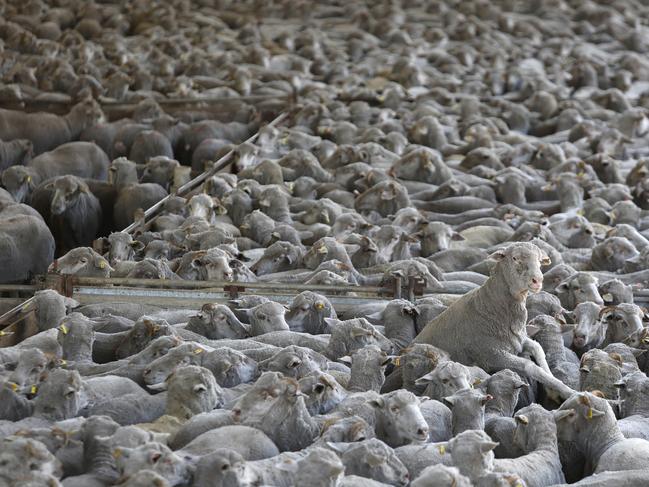
Reports to parliament show sheep mortality rates have dropped from 0.8 per cent in 2016 to 0.21 per cent in 2021.
The live cattle trade, which had a mortality rate in 2021 of 0.08 per cent, was temporarily shut down by the Gillard government in 2011 after public outcry over the practices used to slaughter Australian cattle in Indonesian abattoirs.
Enraged north Australian cattle producers later successfully sued the government, which the Federal Court ruled had unlawfully implemented the ban.
Rural Export and Trading general manager Murray Frangs, whose WA-based organisation oversaw a shipment of sheep to the Persian Gulf on Tuesday, said the government’s stance was “confronting and devastating”.
The exported sheep were carted in trucks from Peel Feedlot in Mardella, south of Perth, and loaded on to a ship at Fremantle.
“The industry has spent years updating and improving operating practices to the satisfaction of the government, the regulator and the general public and proudly stands by the best practice industry that is far superior to anywhere in the world, and well above any domestic requirement as well, but this is all ignored,” Mr Frangs said.
A spokeswoman for Senator Watt acknowledged the impact on farmers, businesses and communities but said the government was focused on implementing its election commitment in a “considered and orderly way”.
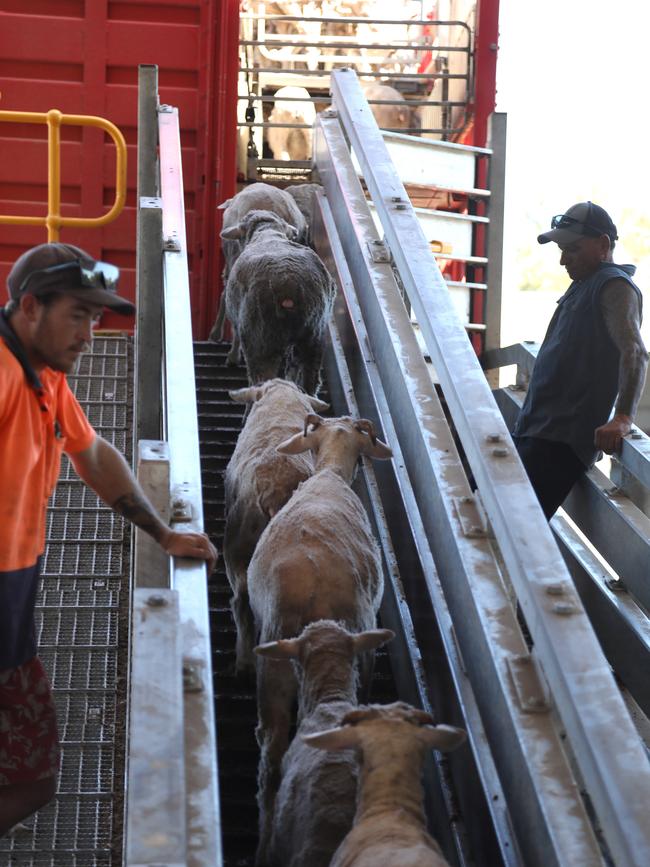
“In doing so, we will continue to engage constructively with industry about opportunities that exist outside the live sheep export trade, including an expansion of onshore processing,” she said.
“We already export around 50 times more sheep meat than live sheep and new markets offer even more opportunities for our farmers and processors.”
NFF president Fiona Simson said the industry would not sit quietly and watch as the entire trade was eliminated.
“We’re not interested in discussing a phase-out with the government,” she said.
“We’re ready to talk about the facts of the industry’s positive welfare improvements, and the immense downsides for the economy, animal welfare, and our trading relationships if this activist-led agenda becomes a reality.”



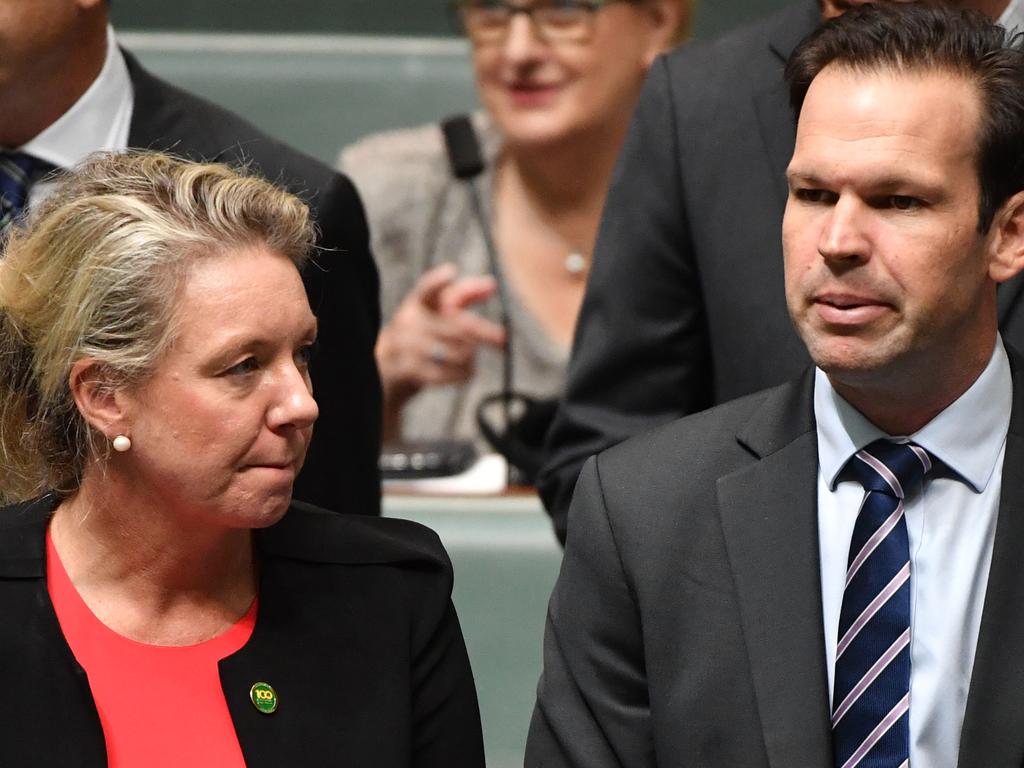
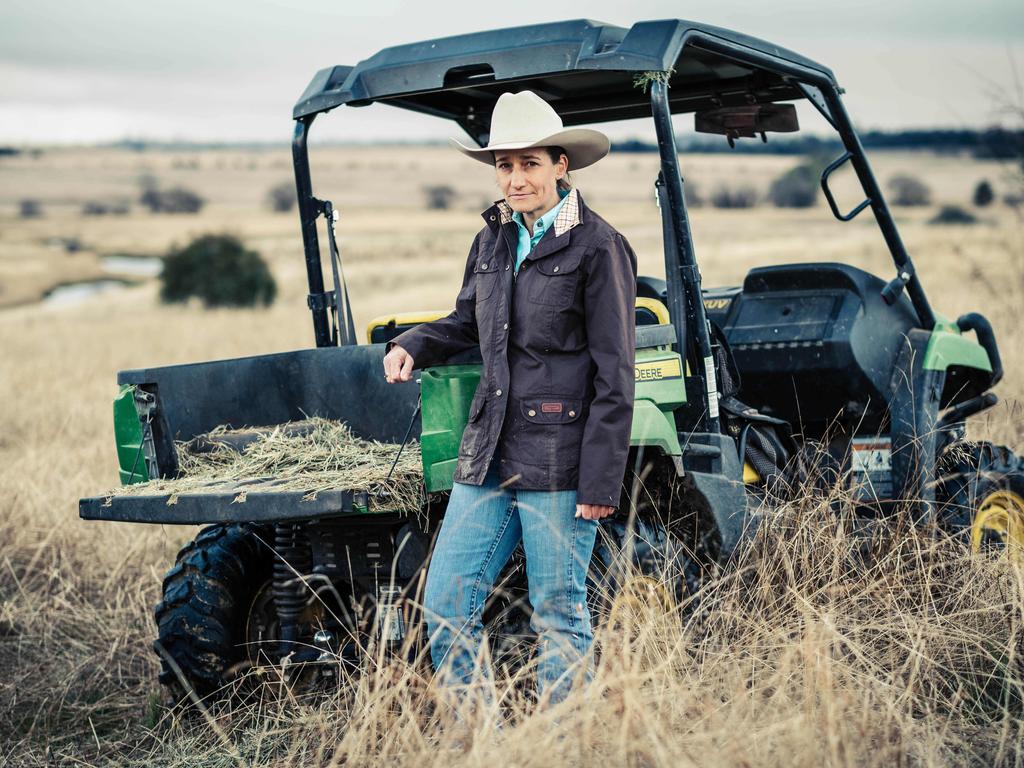


To join the conversation, please log in. Don't have an account? Register
Join the conversation, you are commenting as Logout